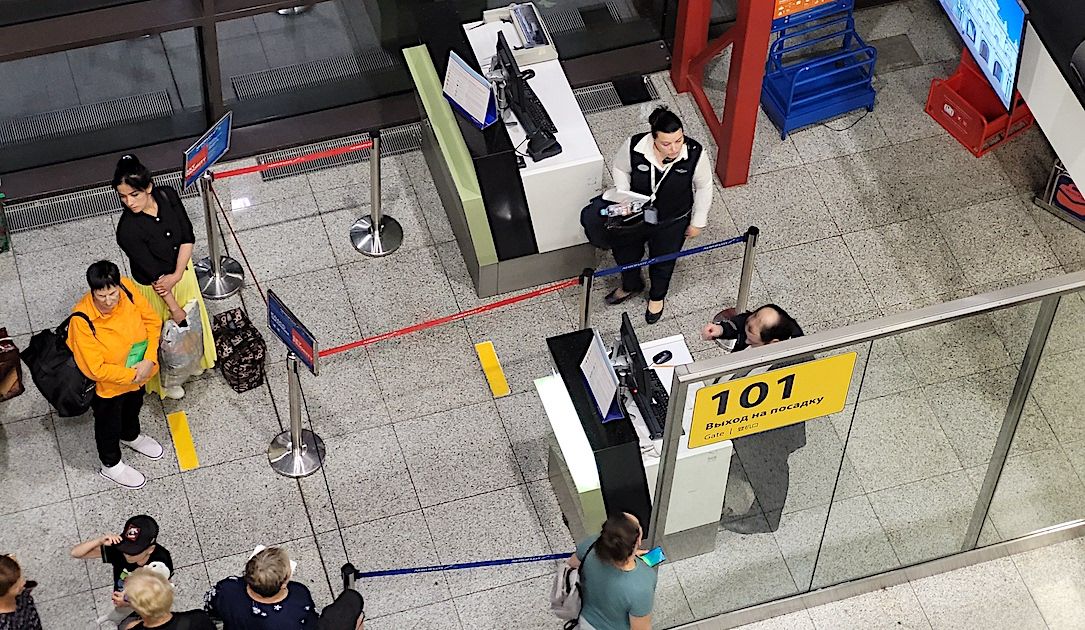The attack caused delays at airports and affected several Russian air carriers, including Aeroflot. The Ukrainian hacktivist group IT Army claimed responsibility for the attack.
The CACTUS ransomware group employs unique encryption techniques, including hiding the decryption key within a file named ntuser.dat, to evade detection by anti-virus software.
Improper configuration of third-party software like TeslaMate can result in privacy breaches, compromising the owner’s daily routine and posing risks such as planned robberies.
Prompt injection attacks manipulate LLMs by introducing malicious commands into free text inputs, posing a significant threat to cybersecurity and potentially leading to unauthorized activities or data leaks.
A recent analysis by Censys has uncovered about 314,000 internet-connected devices and web servers that are exposing millions of files, potentially containing sensitive data.
The Cybersecurity and Infrastructure Security Agency (CISA) has launched a national public service campaign called “Secure our World” to raise awareness of cybersecurity in local communities.
The attackers utilized typosquatting and code modifications to trick developers into installing malicious packages and continuously refined their techniques to evade detection.
At least four separate plaintiffs allege the company was negligent for allowing their sensitive personal data to be stolen in a social engineering attack by criminal threat groups.
Ukrainian cybersecurity officials have reported that the recent espionage campaigns targeted entities involved in investigating war crimes, such as the prosecutor general’s office and courts.
The attacks have caused significant problems for retailers, with issues such as inventory management and order fulfillment still not resolved. Retailers have reported glitches and loss of sales due to the cyberattack.








